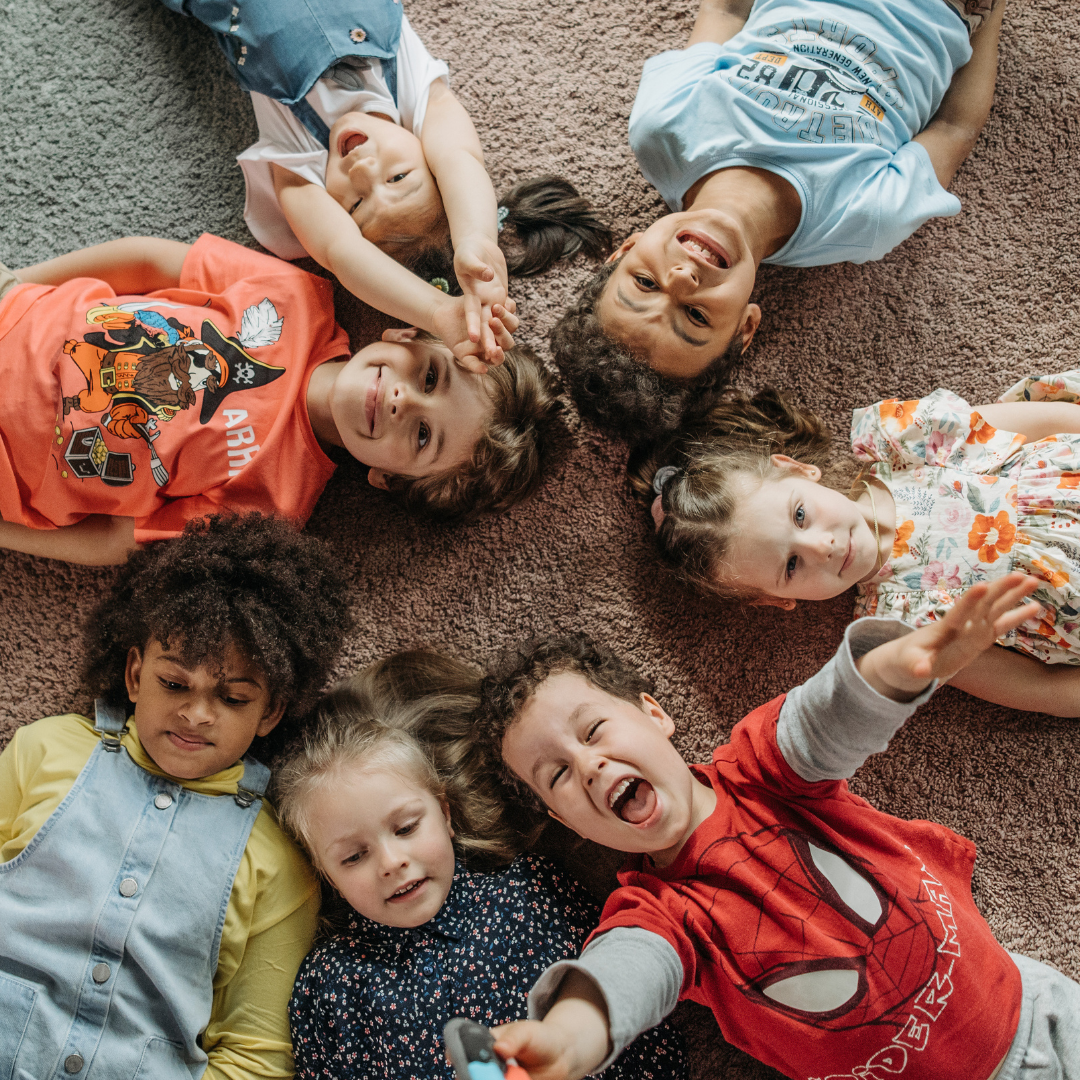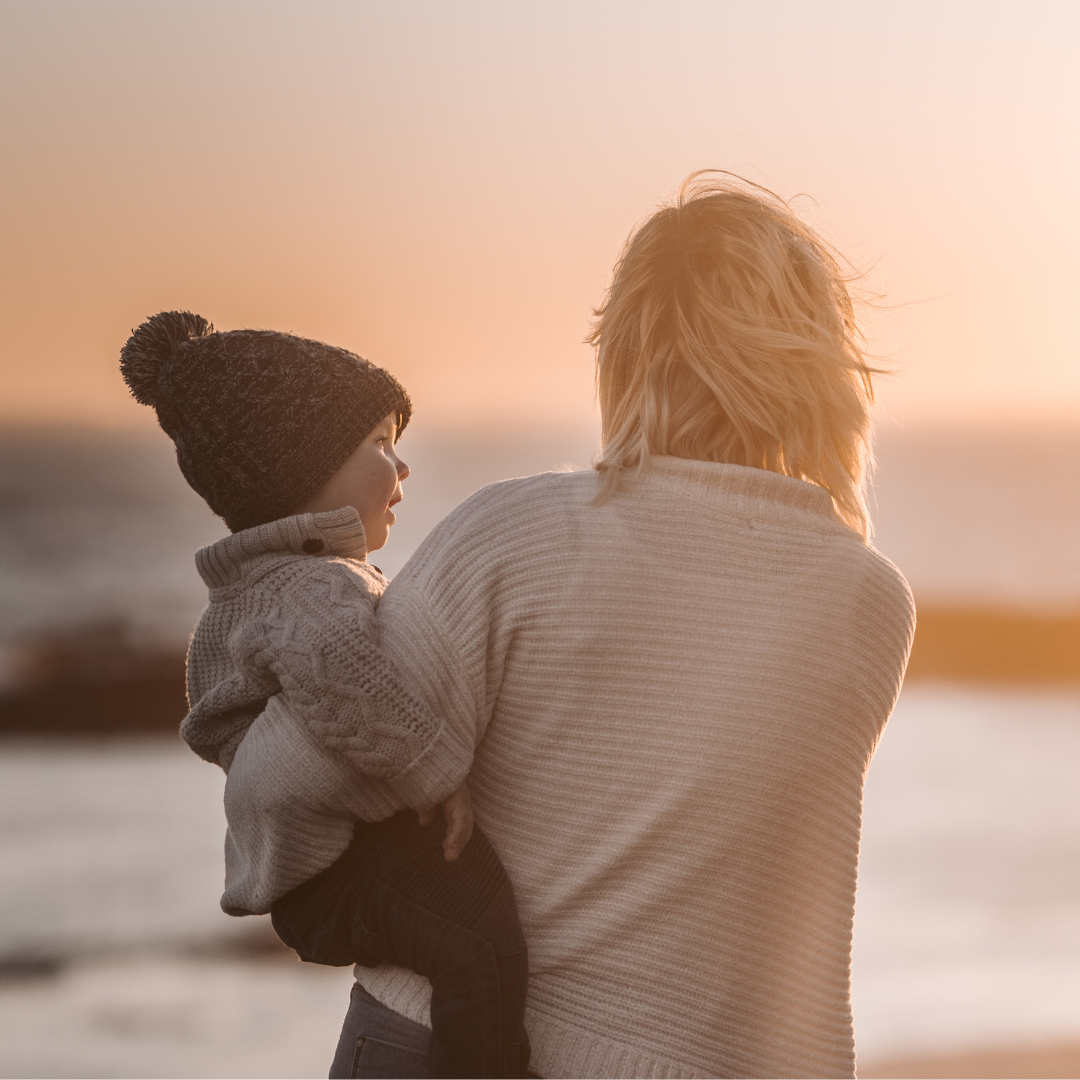Most often children bite between the ages of one and three. Reasons for this behavior:⠀
- It is simply due to the child's development. The stage involves learning about the world through the mouth. Children often pull everything they find on the floor into their mouths. They taste the world around them. If you do not give the child the opportunity to explore the world with the help of oral motor skills, aggressive outbursts may occur. It is not necessary to take away every object your baby finds.
- Teething is also a common cause of biting.⠀
- Cause-and-effect bonding. This is when the child has gotten a lot of attention for biting. The child sees the reaction and takes it as encouragement through lots of attention to himself. Or, for example, your child saw another child bite someone and adults were running around, fussing over him. Imitation behavior occurs.⠀
- Also at a young age, the child's speech is just developing. It cannot express itself verbally and is quickly frustrated. Biting acts as a way of self-regulation.
- Children may bite when they feel stressed. Or there are too many stimuli (lots of toys, intense routines, gadgets). There is no opportunity for privacy, retreat. Here biting acts as a way of releasing tension.
- Age, emotional development of the child. During the first three years of life, children develop a sense of their own body, their sensations, emotions. Ignoring needs (hunger, rest, attention, care) leads to dissatisfaction.⠀
- Upset children express their anger through biting. Anxiety is also one of the causes.⠀
What to do if a child bites?
Observe the child closely and find out the cause. Make a connection between the situation and the reaction. Eliminate the cause of the biting behavior. React immediately! Then the child will not associate the lecture with the bite. Use a serious, firm voice to make it clear that biting is not a common behavior. Talk through the situation and show an alternative. Regulate stimuli and provide rest and privacy for your child. As the baby learns to talk - the biting will go away on its own!




